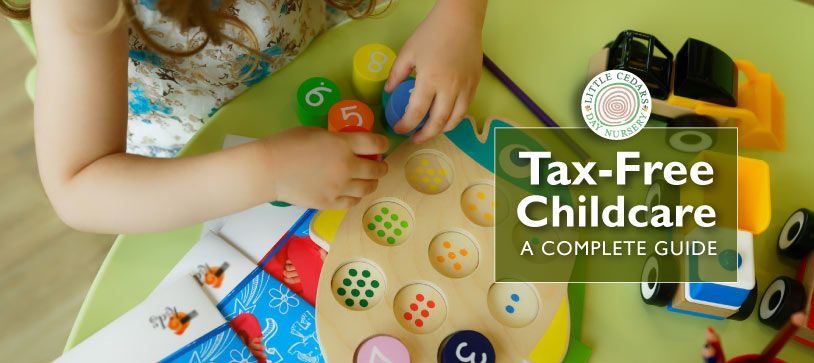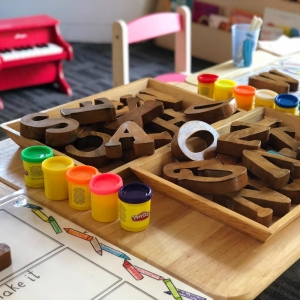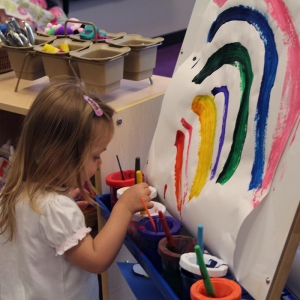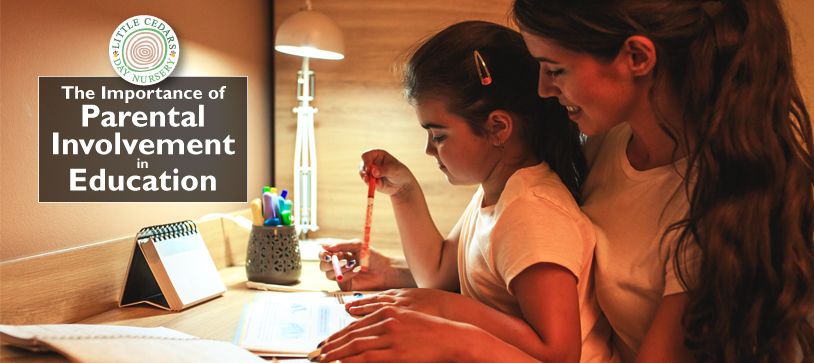
Back in February, we published our ‘Rough Guide to Free Childcare Funding in England‘. This proved very useful to eligible parents and guardians who wanted to understand more about the free childcare funding that was available from the Government. For any parent or guardian, totally free childcare is a no-brainer and is usually the best source of childcare funding to consider first. However, for those who are not eligible, there’s another scheme to consider, called the Tax-Free Childcare scheme. While you do have to pay for the childcare yourself, a kind of tax ‘rebate’ (of sorts) helps to cushion you from having to pay for the entire cost.
The Tax-Free Childcare Scheme could save you thousands
The Tax-Free Childcare Scheme
Under the Government’s Tax-Free Childcare Scheme, the Government effectively offers up to £2,000 of help per child, per year, for childcare, or up to £4,000 per year if they are disabled. It’s rather like crediting you back some income tax on the (tax-paid) money you’re going to be spending on childcare, which is why the scheme is called the Tax-Free Childcare Scheme.
How it works
If you are eligible, you simply open a Tax-Free Childcare Account on the Government website. For every 80p you pay in, the Government will put in an additional 20p (this is the part that’s akin to getting the Income Tax back on the money you’re going to spend on childcare). Using this approach, you can save up to £10,000 for childcare, per child, in your Tax-Free Childcare account. As mentioned above, you get even more back from the Government if the child in question is disabled.
Rules for eligibility:
 The Tax-Free Childcare Scheme is available to parents of children up to the age of 11 inclusive, or 16 inclusive if they’re disabled.
The Tax-Free Childcare Scheme is available to parents of children up to the age of 11 inclusive, or 16 inclusive if they’re disabled.- You, and your partner, if you have one, need to be working. (If you are a single parent, that’s OK).
- If one of you is not working but is in receipt of specific benefits, the other can still be eligible. Those received benefits include various disablement and incapacity allowances, Carer’s Allowance, contribution-based employment & support allowance and National Insurance credits awards for incapacity/limited capacity to work.
- If you have not yet begun working, but will begin working within the next 31 days, you can still apply.
- Being on sick leave does not stop you from being eligible.
- Each partner in the household, if there is more than one, needs to earn £140 or more per week (this is tied to the National Minimum Wage i.e. the equivalent of working 16 hours per week, if over 25, at time of writing). Those who have been self-employed for less than a year are not subject to the minimum above. Those who have been self-employed for more than a year will need to use an average of income for the next 3 months or entire current tax year to see if they’re eligible on the above basis.
- Each parent must earn less than £100k per annum.
- Those on maternity, paternity or adoption leave are still eligible on the above basis, but can only claim for children they are not on parental leave for.
- Your chosen childcare provider must be registered with the Tax-Free Childcare Scheme along with at least one of the following regulators: Ofsted, the Early Years Register or the Childcare Register.
 Along with helping to fund nursery places at places like Little Cedars Nursery in Streatham, Tax-Free Childcare can also be used to fund the costs of other kinds of childcare service, so long as they’re registered as outlined above. Examples include play groups, breakfast clubs, some holiday activities like sports and even summer camps.
Along with helping to fund nursery places at places like Little Cedars Nursery in Streatham, Tax-Free Childcare can also be used to fund the costs of other kinds of childcare service, so long as they’re registered as outlined above. Examples include play groups, breakfast clubs, some holiday activities like sports and even summer camps.
Is Eligibility affected if I’m working less due to coronavirus measures?
The short answer is no, i.e. if you’re temporarily working less because your work has been limited by the measures put in place to fight coronavirus, you can still claim.
How to apply for Tax-Free Childcare
To apply, sign up for Tax-Free Childcare at the Government site. It only takes 20 minutes or so. You’ll need your National Insurance number and your UTR (Unique Taxpayer Reference) if you’re self-employed. If you have a partner that you are making a joint claim with, the same two things are required for them, but you only need one account for the both of you.
Once your application has been accepted (it’s usually pretty fast), the Government’s 20% contribution usually goes into your account within just a few hours of you crediting the account with your 80%. Please note that there is a maximum credit of £500 per quarter from the Government. For this reason, it’s wise to credit your account with your contributions all year round if you have particularly high childcare costs that come in one shorter period within the year.
 TIP: If you want the Government’s contribution to go into your account faster, your payment needs to be paid by Bank Transfer (rather than, say, via a debit card or standing order, although those still work fine if you don’t mind waiting a while longer for the Government’s corresponding contribution).
TIP: If you want the Government’s contribution to go into your account faster, your payment needs to be paid by Bank Transfer (rather than, say, via a debit card or standing order, although those still work fine if you don’t mind waiting a while longer for the Government’s corresponding contribution).
How to pay your childcare provider
Once your Tax-Free Childcare account is showing available funds, these can be sent directly to your childcare provider by selecting them from within the account and then transferring the appropriate amount to them. As above, they will usually receive the payment very fast although obviously it takes a little longer if you make a payment over a weekend or Bank Holiday. Allow up to 3 working days, in a worst case scenario.
Looking for childcare services in Streatham or south west London?
Little Cedars Day Nursery is based in Streatham, London, SW16. If you’re in that area, we’d love to be your chosen childcare provider. We’re conveniently close to Streatham high street, Streatham Park, Tooting Bec, Tooting Common, Furzedown and Balham. We’re well-established and offer the very best childcare services at our nursery/pre-school in Aldrington Road (SW16 1TU). Our qualified staff and facilities for children are excellent, whether they’re a 3 month old baby or a five year old child. Call 020 8677 9675 or contact our Streatham nursery team here and we’d be delighted to tell you more about our nursery, or to arrange a visit so you can see the setting for yourself.
P.S. You may also be interested in our separate Guide to Childcare Funding Available Through Universal Credit.


